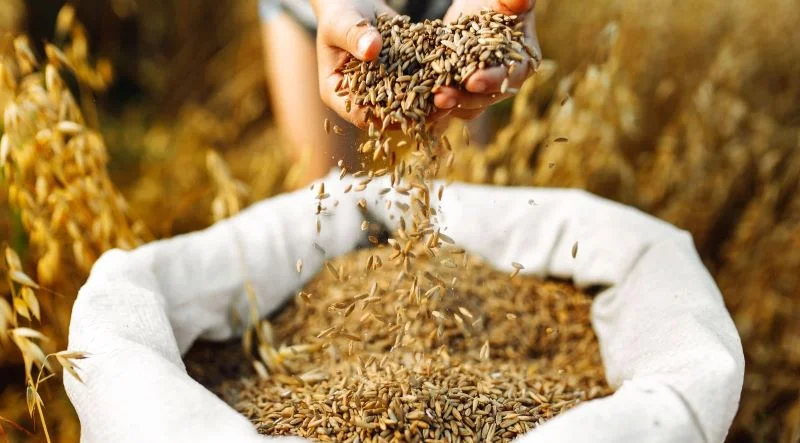Morocco’s strategic focus on food security: A vision for Africa’s sustainable future

At the Crans Montana Forum held in Geneva on November 16, 2024, Omar Hilale, Morocco’s Ambassador and Permanent Representative to the UN, highlighted the vital role of food security as a central element of Morocco’s strategic vision for Africa. Emphasizing its importance to King Mohammed VI, Hilale stressed that food security and sustainable agricultural systems are fundamental priorities for both Morocco’s South-South and triangular cooperation strategy, particularly in relation to Africa.
Hilale explained that Morocco’s proactive policy, under the leadership of King Mohammed VI, has led to the establishment of an “integrated approach” to ensure food availability, promote sustainable agricultural and rural development, protect natural resources, and adapt to climate change.
This policy is driven by a vision of solidarity and foresight, aimed at unlocking the full potential of sustainable agriculture across the continent.
The Moroccan approach to achieving these goals is based on three key instruments: the Ministry of Foreign Affairs, which ensures the orderly execution of the Royal Vision for South-South cooperation; the Ministry of Agriculture, responsible for public policies and sectoral strategies in agriculture; and the OCP Group, which serves as the operational arm of this vision and a continental leader in the fertilizer market.
In his speech, Hilale also recalled Morocco’s 2016 launch of the Triple A initiative, aimed at adapting African agriculture to climate change, as well as the Triple S initiative with Senegal, focused on promoting sustainability, stability, and security in Africa.
Furthermore, the OCP Group has expanded its operations with 12 new representations across Africa, reinforcing fertilizer production and distribution to respond to soaring fertilizer prices in the wake of recent geopolitical conflicts.
Morocco has also provided thousands of tons of fertilizers to various African nations, underscoring the Kingdom’s commitment to supporting African farmers through solidarity and cooperation.
Hilale pointed out that food insecurity has now become a global security issue, fueling conflicts, exacerbating migration flows, destabilizing political landscapes, and fostering violent extremism.
He highlighted the vicious cycle between food insecurity, climate change, and armed conflicts, noting that these factors compound one another, posing a major global challenge to sustainable development.
Concluding his address, Hilale emphasized the need to approach food security from a perspective that incorporates sustainability, social equity, economic development, international solidarity, and global peace and security.
The Crans Montana Forum session, taking place in the wake of the U.S. presidential elections, provided an ideal platform for discussing the key challenges of the new era, focusing on global security, international relations, economic development, business, and investment.
As a key gathering for decision-makers from both the public and private sectors, the Crans Montana Forum has previously held several sessions in Morocco, including in Dakhla, highlighting the country’s prominent role in shaping Africa’s future.
About The Author
dailymailafric
I am an avid African news observer, and an active member of Daily Mail Africa.
I’m Passionate about staying informed on diverse topics across the continent,
I actively contribute to publishing on political, economic and cultural developments in Africa.



